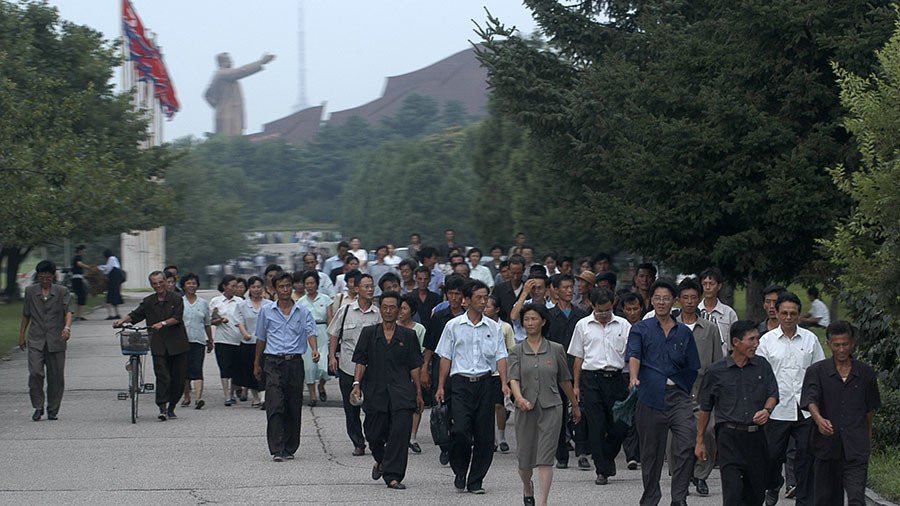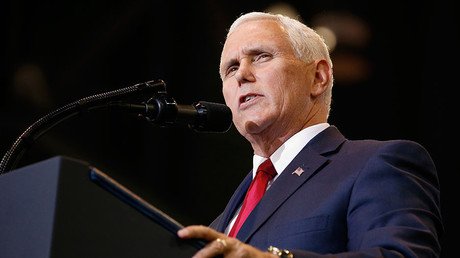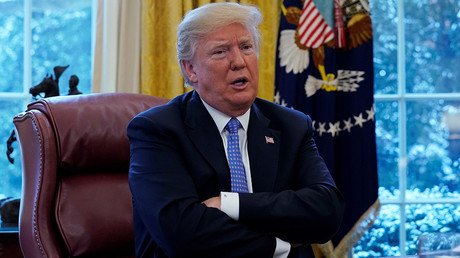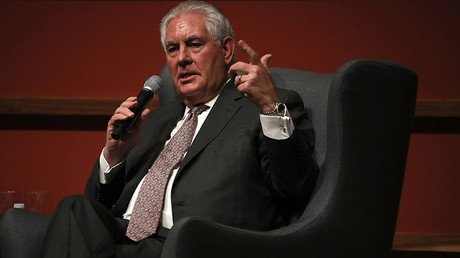US threatens N. Korea with sanctions & force, but war could claim 1mn lives – Moscow

Washington continues to strangle Pyongyang with sanctions and threatens to impose more restrictions, but a potential regional conflict could claim up to 1 million civilian lives, Russian Foreign Minister Sergey Lavrov said.
“We are seeing how the United States every time attempts both to tighten the sanction screws [on North Korea] and to threaten it with the use of force,” Lavrov said Wednesday during a forum in Sochi.
“I very much hope that [the war] scenario, which according to the experts’ estimates could claim the lives of up to 1 million people or even more, won’t be carried out,” the minister added.
Lavrov also expressed hopes that Washington “will, at least, consult with the countries that would be affected, primarily the governments of South Korea and Japan.”
“The use of power in this region would be catastrophic,” Lavrov predicted.
The minister’s remarks followed US Vice President Mike Pence’s bellicose warning made earlier in Japan. Pence said the US will roll out its “toughest and most aggressive” economic sanctions against Pyongyang before the end of the Winter Olympics.
Despite Russia repeatedly warning against provoking the North with military maneuvers in the region, Washington insists on its right to conduct joint activities with Seoul and Tokyo.
In mid-January, the US and Canada hosted a Vancouver meeting on the Korean deadlock, excluding major mediators and the North’s immediate neighbors Russia and China, merely inviting Moscow and Beijing to assess the results at the end of the talks. Officials from both countries called the summit “unacceptable.” China’s Foreign Ministry said the meeting would only “create divisions” and “harm joint efforts” to resolve the crisis.
While the 20 foreign ministers at the Vancouver meeting agreed to further pressure Pyongyang with more unilateral restrictions in addition to the UNSC sanctions, Moscow and Beijing said the attendees failed to offer an alternative to their “double freeze” plan. The proposal was rejected by Washington in summer 2017 and again during the summit in Canada.
The Russia-China “double freeze” plan would involve the US ceasing its military drills in the region, while North Korea would halt its ballistic missile and nuclear programs.















